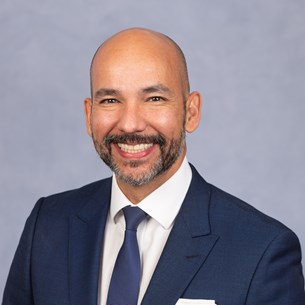Meeting
2011 ASCO Annual Meeting

Johns Hopkins Singapore, Singapore, Singapore
G. Lopes , J. Segel , D. S. W. Tan , Y. Do , T. Mok , E. Finkelstein
Background: Gefitinib improves response rates, progression-free survival and quality of life (QOL) when compared to chemotherapy in patients with advanced NSCLC who have activating EGFR mutations. Yet, little is known about the cost-effectiveness (CE) of this approach Methods: A decision-analytic model was developed to determine the CE of EGFR testing and guided therapy with 1st line gefitinib for patients with activating mutations (and 1st line chemotherapy and no gefitinib for patients without) vs. standard care: first line chemotherapy and gefitinib at progression in unselected patients. Clinical data are derived from published randomized clinical trials and costs for drugs, visits, tests and treatment of adverse events from cancer centers in Singapore with a societal perspective in 2010 Singapore dollars (S$). Quality-adjusted life years (QALY) gained and incremental cost-effectiveness ratios (ICER) were calculated. Sensitivity analyses were conducted Results: EGFR testing and 1st line treatment with gefitinib is a dominant strategy (it has lower costs and greater effectiveness) compared to no testing, 1st line chemotherapy and 2nd line gefitinib in unselected patients. Because the main savings in the testing arm result from not providing gefitinib to those who do not benefit, this finding holds regardless of the prevalence of patients with activating mutations. In a secondary analysis, 1st line gefitinib was also dominant when compared to 1st line chemotherapy in patients with activating EGFR mutations, primarily due to better QOL. In a scenario in which patients did not receive second line gefitinib in the standard arm, the ICER for EGFR testing and guided treatment with gefitinib was below S$ 78,000/QALY (1.3 S$ = 1 US$) Conclusions: Based on these data, EGFR testing and first line treatment with gefitinib for patients with activating mutations should become the standard treatment in advanced NSLC. In this era of exponentially increasing costs, the use of biomarkers may improve patient selection and the CE of new therapies.
Disclaimer
This material on this page is ©2024 American Society of Clinical Oncology, all rights reserved. Licensing available upon request. For more information, please contact licensing@asco.org
2011 ASCO Annual Meeting
Poster Session
Lung Cancer - Metastatic/Non-small Cell
Lung Cancer
Metastatic
J Clin Oncol 29: 2011 (suppl; abstr 7598)
7598
39F
Abstract Disclosures
2024 ASCO Annual Meeting
First Author: Helena Alexandra Yu
First Author: Shintaro Kanda
2024 ASCO Annual Meeting
First Author: Nashat Gabrail
2023 ASCO Annual Meeting
First Author: Wenfeng Fang